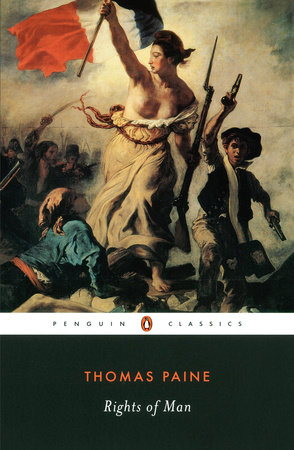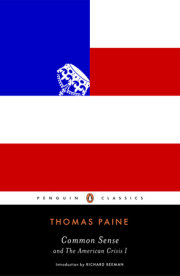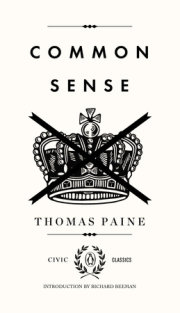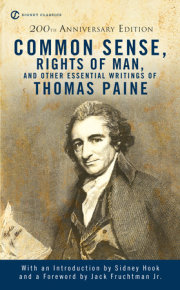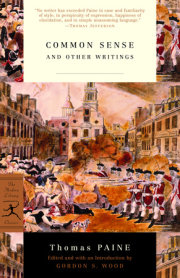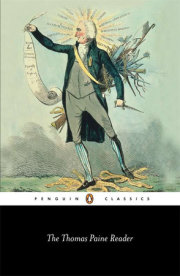Books for Women’s History Month
In honor of Women’s History Month this March, we’re sharing books by and about extraordinary women who have shaped history and made meaningful impacts in their communities. Women’s History – Middle School Titles Women’s History – High School Titles

